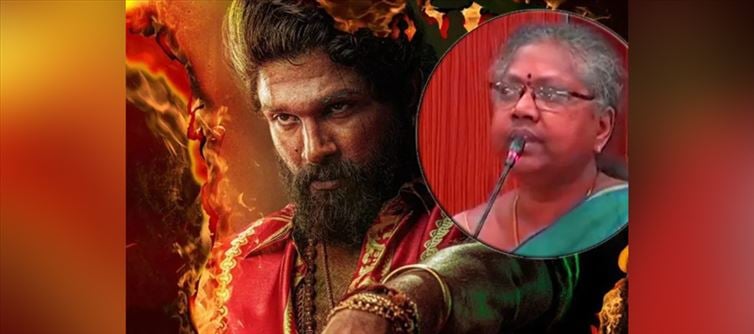
Several principals and instructors from government schools expressed worries about the detrimental effects of movies on kids during a recent meeting with the education commission. The principal brought attention to the fact that kids were wearing messy haircuts, using profanity that they had picked up from the streets, and disobeying rules in spite of numerous warnings.
She also drew attention to the fact that many parents were neglecting their duties, forcing schools to bear the costs of inadequate parenting. Unquestionably, movies can have an effect, but the larger problem seems to be the general social climate and the absence of parental supervision.
If half of the pupils are misbehaving after viewing pushpa 2, the other half are not—probably because of more stringent parental supervision. This supports the notion that a child's conduct is greatly influenced by their upbringing. Rather than placing all the blame on movies, parents should play a bigger role in helping their kids grow up.
The erosion of disciplinary power is another significant issue facing educators today. They used to be able to impose severe punishment, but today they are only able to issue gentle warnings out of concern about negative reactions. Despite these obstacles, real educators are able to motivate constructive change without using severe discipline.




 click and follow Indiaherald WhatsApp channel
click and follow Indiaherald WhatsApp channel